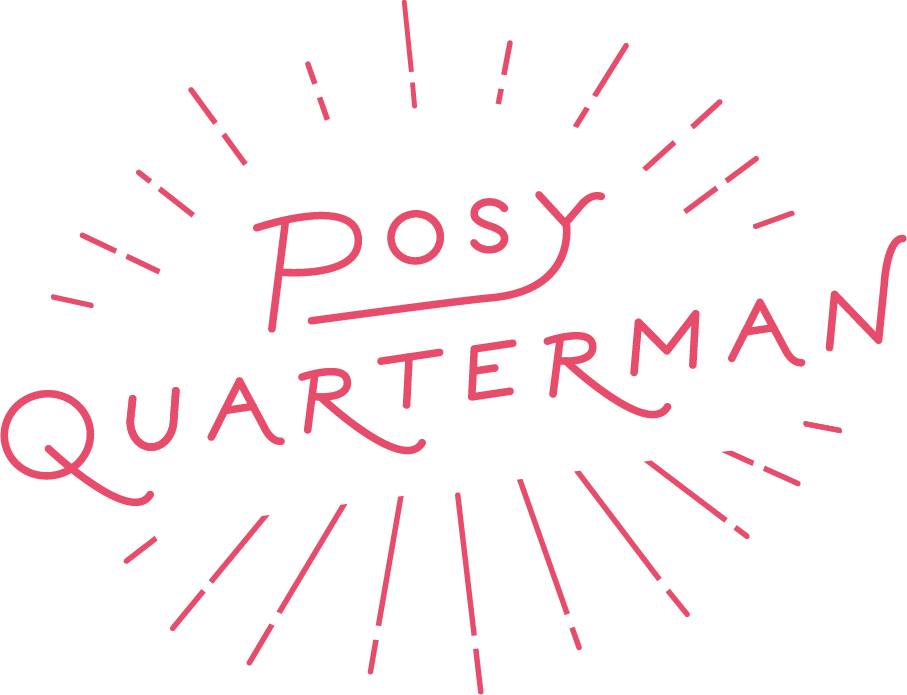All of the kids in this post have something in common. Yes, they're ridiculously cute, very photogenic, and adored by me, that's all true. But they also have kick-ass hardworking mamas running retail stores in Portland. Those girls up there, they are the little fairies of
Queens Mab. And these girls below, they are Lucy and Noor, seven year old super twins, frequently on hand at their mom's store
St. Johns Booksellers.
And these two sillies below, oh man, Eleanor and Petra are so lucky. Their doula-extraordinaire mother,
Christy Hall, runs
Lily Toad when she isn't busy attending births. She is also one of the most kick-ass people I know. But all of these women are -- they are my inspiration and, I feel so lucky to say this, my community.
And that's why I am here with all of these cute faces today; we want to tell you something important. You have probably heard it before, and you are hopefully going to hear it again and again: SHOP LOCAL. Yep, that's it. It's pretty simple, but it is incredibly important. So please don't click away just yet, read some of the info below, enlighten yourself as to what all this SHOP LOCAL business is about, and consider it when deciding where to shop this holiday season. Please and thank you.
The week of November 26th through December 5th is the 8th annual national Buy Local Week, AND in between Black Friday and Cyber Monday comes
Small Business Saturday. I cannot encourage you enough to get yourself out there to support the businesses that make your community just that, a community.
Please, pretty pretty please, go take
Supportland's Loving-local Holiday Pledge. My pledge is to purchase my gifts 100% local, small business, and hand-crafted. I just bought a ridiculously cute gnome doll from
Etsy.
Shhh... don't tell my gnome-loving daughter! Mr. Gnome (and his lovely wife) are made right here in Portland, by this
Crafty Mommy who just happens to to be the mother of these two ridiculously cute kids (below).
Here is another great SHOP LOCAL post by another great local business owner, specifically he talks about how free shipping (from big box chains) is not at all free. My favorite thing he says is this:
Consider that map of how your money spent at a local retailer may cycle through your local economy. On average, every dollar you spend at a local-independent business has an economic benefit for your community that is nearly 40 percent higher than the same dollars spent at outlets of national and out of state businesses located in your area.

And lastly, a press release from
BALLE that pretty much sums it all up:
8th ANNUAL BUY LOCAL WEEK KICKS OFF
shopping at locally owned businesses boosts community heatlh & prosperity
Communities across the country will kick off the 8th Annual Buy Local Week on Friday, November 26, 2010 with events continuing through Sunday, December 5, 2010. Business and citizen networks celebrate Buy Local Week during the holiday season to educate people about the benefits of shopping locally and to encourage shopping at locally owned and independent stores before shopping at chain retailers.
Economists forecast that U.S. consumers will spend approximately $445 billion during the 2010 holiday season. Studies have shown that dollars spent at local, independent businesses re-circulate in the local community up to three times more, making local holiday shopping an important investment for all towns and cities. It helps boost the potential for local business owners to be prosperous and encourages the growth of economic security, rather than send profits to corporations that own big box stores and out-of-town chains.
We encourage people to buy local first this holiday season, that means first buying the items we want and need at locally owned stores in order to maximize the benefits for our community.
Buying local helps build more prosperous and healthier communities on several fronts. It:
· Strengthens the local economy: Local business owners buy more often from other local businesses. Therefore, the money spent is retained in the community.
· Creates a healthier environment: Buying items made closer to home cuts down on fossil fuel use, reducing the carbon impact. Reduced transportation costs can also mean more affordable goods.
· Retains local flavor: Experiences at local establishments are completely unique, expressing the local flavor of the area.
· Increases community involvement: Local business owners are more likely to get involved in and contribute to community efforts than corporations that own big box stores.
Studies support the idea that buying local has significant economic, job and environmental benefits:
·Money spent at a locally owned business stays in the local economy and continues to strengthen the economic base of the community.
· Small, local businesses make indispensable contributions to communities and neighborhoods and at a higher rate than larger or out-of-state corporations.
· Most job growth comes from local independent businesses
· Small businesses, which are more often located in central business districts, have less impact on local ecosystems compared to larger retailers located in strip malls or stand-alone buildings.
Visit the Business Alliance for Local Living Economies (BALLE) research page for a wider list of annotated studies: http://www.livingeconomies.org/aboutus/research-and-studies
A study of businesses in Oregon detailing charitable giving showed that when in-kind contributions were included, small firms gave an average of $789 per employee, medium-sized firms $172, and large firms $334 (NFIB Small Business Policy Guide). Additionally, large firms contribute primarily to the area where the corporation is headquartered, not necessarily where they do business.
David Korten, Yes! Magazine, September, 2002. Also, according to a recent analysis by Civic Economics, an Austin, Texas-based research firm, if residents in West Michigan redirected 10 percent of their spending to locally owned companies, this shift would create 1,600 jobs.
New Rules Project, Home Town Advantage Bulletin, September 2003.

A little reminder from Miss Eleanor. xo






